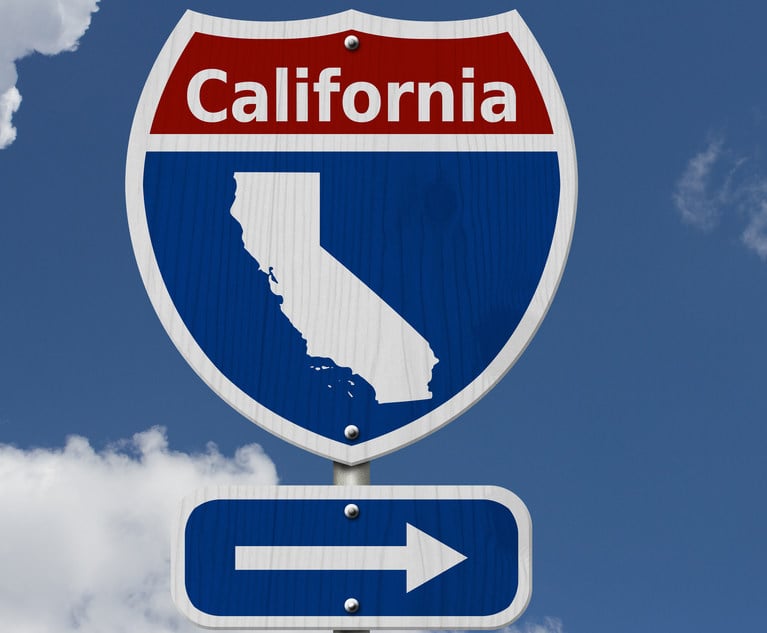As more carriers withdraw or cut back on exposure, premium ratesshould soar
|By Steve Tuckey
|The announcement earlier this month that Nationwide InsuranceCompany of Florida will not write new homeowners policies brings toseven the number of carriers that have moved to reduce theirexposure in the state. With the hurricane season just several weeksold–and several named storms already to its credit–analysts worrythat the state could face a capacity shortage in the comingmonths.
|Sam Miller, executive vice president of the Florida InsuranceCouncil, dismissed many such concerns when he said the state'shomeowners market is "holding up extremely well… What is happeningis that the smaller companies are becoming a lot more important,"he observed.
|Last spring, the Florida Office of Insurance Regulation issuedpermits to three new companies that will join other carriers intaking out more than 370,000 policies from Citizens PropertyInsurance Corp., the state's home insurer of last resort. "Despitethe unprecedented string of catastrophic hurricanes, it isreassuring to see a continued interest from new investors," saidInsurance Commissioner Kevin McCarty.
|But is it enough? Robert Hartwig, chief economist for theInsurance Information Institute in New York, has calculated thatthe state will need an injection of $500 million in new capitaljust to keep up with demographic growth, as well as heightened riskperception. "My expectation is that homeowners' rates will continueto rise in Florida with greater demand and greater perceived risk,"he said. "There will be more pressure to expand the capacity of thealternative and residual markets…"
|Mr. Hartwig has some quibbles with the idea there is a"homeowners insurance crisis" in the state. "From the perspectiveof insurers it has a meteorological crisis for which it is notsufficiently well-prepared."
|Regulators and legislators lacking the "stomach" for allowingthe kind of rate hikes to match the level of risk have contributedto what may be a capital shortage this year, Mr. Hartwigasserted.
|And he doesn't hold out much hope for the new entrants. "Therewill be some opportunistic entry by cherry-pickers for the next fewyears, but this will really be no more than nibbling around theedges."
|Florida has what may seem at first glance a relativelyinsurer-friendly "use and file" system, in which carriers can startcharging new rates, subject to regulatory disapproval within 30days. But industry representatives such as Neal Alldredge of theNational Association of Mutual Insurance Companies said the factthat carriers must then offer rebates for any disapproved ratesmeans the state has for all intents and purposes a prior approvalsystem.
|That much was evident earlier this year when Allstate put fortha 28 percent homeowners' rate hike, subject to disapproval. "Thisfiling undermines recent legislation allowing policyholders theability to provide input and comments at a public hearing prior toa rate increase," said Sen. Rudy Garcia, R-Hialeah.
|In July, the commissioner turned down a 36.7 percent rate hikefrom the Cincinnati Insurance Company after an independent reviewfrom the state Consumer Advocate and analysis from the actuarialstaff.
|Mr. Hartwig said to expect a great deal of "insurer bashing" asthe 2006 state elections approach.
|Sen. Steve Geller, D-Hallandale Beach, got an early start thisspring when he and fellow Democrats introduced a measure thatwould, among other things, repeal the industry's antitrustexemption and expand the duties of the state's Public Council toinclude citizen input into rate filings.
|"While property and casualty insurance company profits aresoaring, consumers are suffering," Sen. Geller said. "The insuranceindustry is raking in profits while Floridians are being raked overthe coals."
|Mr. Hartwig said the major homeowners carriers will still haveto make some tough decisions whether to inject more capital intotheir Florida subsidiaries. "For many insurers, it is just theclassic case of pouring good money after bad," he said.
|That apparently was part of the calculus in the minds ofNationwide and Allstate executives. Nationwide spokesman Joe Casesaid further changes could follow the decision not to take on newclients in what he termed an overall review of its businessstrategy in the state. "And rates are only one piece of thepuzzle," he said.
|Last month the state granted a 21 percent rate hike for thecompany's nearly 300,000 policyholders, which constitutes thefourth-largest block in the state.
|Earlier this year, Allstate announced it would be dropping about90,000 of its 758,000 policyholders whose coverage would be pickedup by an A-rated Sarasota company–Universal Insurance Company ofNorth America. In addition, the company said it was injecting $375million of additional capital for one year.
|Still, the company faced a lot of heat for its rate-hikeproposal. Allstate Floridian President Phil Lawson noted thecompany's activism in working with lawmakers to carve solutions tokeep insurers in the state and said there is much work to bedone.
|Caption For Hurricane Shot:
|Despite a grand slam of four major hurricanes that hit Floridalast year, legislators are skeptical about the need for higherhomeowners rates. "The insurance industry is raking in profitswhile Floridians are being raked over the coals," said one statesenator.
Want to continue reading?
Become a Free PropertyCasualty360 Digital Reader
Your access to unlimited PropertyCasualty360 content isn’t changing.
Once you are an ALM digital member, you’ll receive:
- All PropertyCasualty360.com news coverage, best practices, and in-depth analysis.
- Educational webcasts, resources from industry leaders, and informative newsletters.
- Other award-winning websites including BenefitsPRO.com and ThinkAdvisor.com.
Already have an account? Sign In
© 2024 ALM Global, LLC, All Rights Reserved. Request academic re-use from www.copyright.com. All other uses, submit a request to [email protected]. For more information visit Asset & Logo Licensing.








